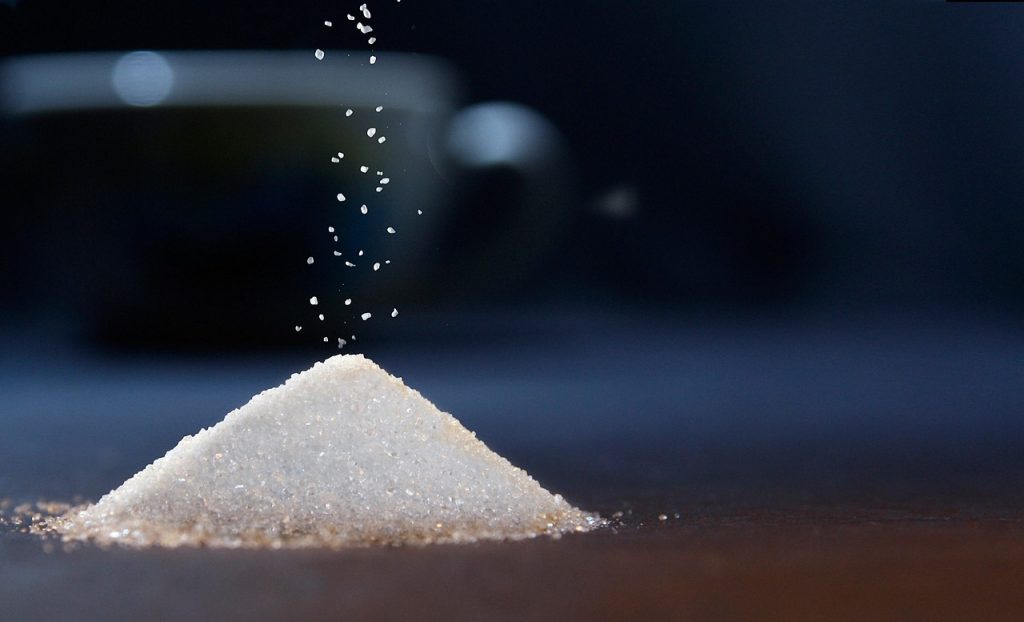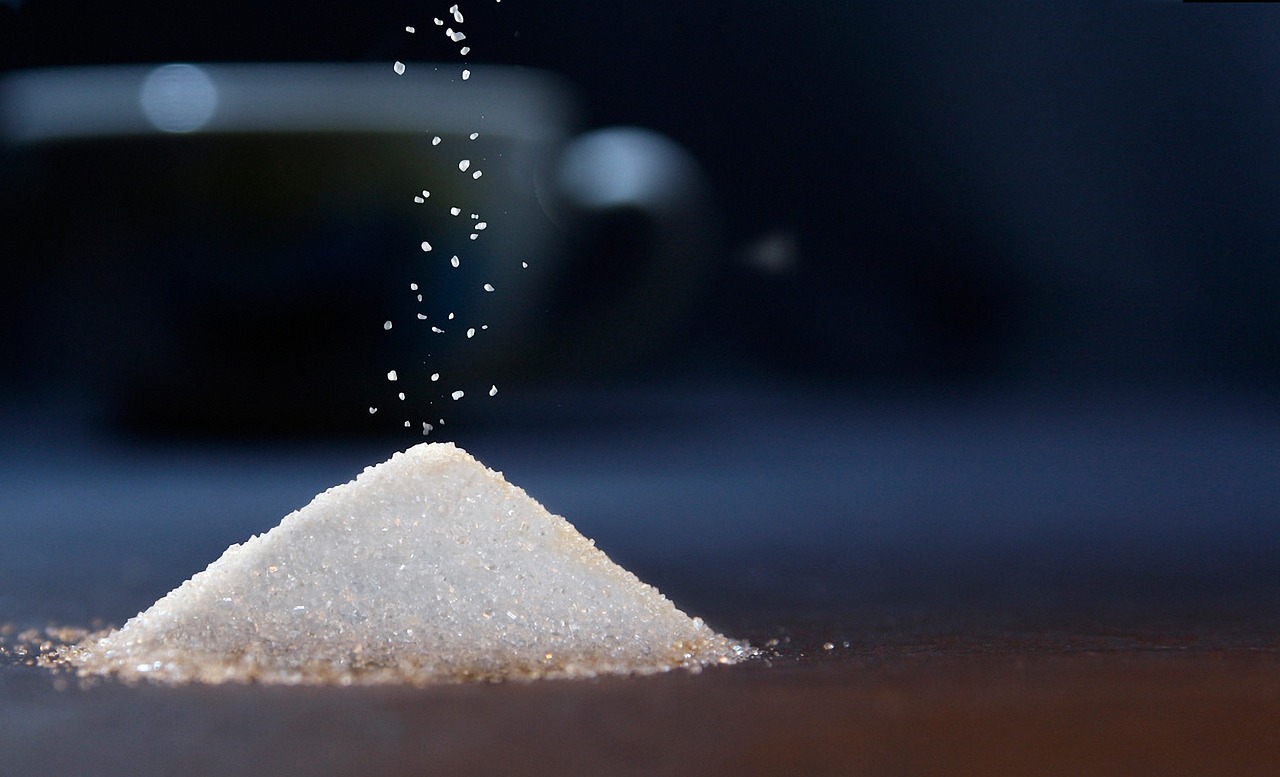Sugar and Addiction Are Connected
There has been a proven link between sugar and dopamine. Sugar consumption has been proven to produce dopamine in the body, causing feelings of happiness and euphoria. This explains why people with depression tend to eat more processed and sugary foods — because the sugar in those foods produces the dopamine that their body is lacking. Dopamine is the same chemical that is released in the body during the use of illicit drugs such as cocaine and heroin. For individuals addicted to illicit drugs, attempting sobriety often leads to extreme cravings of sugary substances due to the absence of the dopamine that is no longer being introduced into the body. For alcoholics, there is a similar issue because many alcoholic drinks contain sugar, which also produces high levels of dopamine. These cravings of sugar could obviously then trigger weight gain, self-esteem issues, and increase the risk of diabetes, as if the battle that comes along with giving up an addiction isn’t hard enough.

The Neural Response of Dopamine
Our brains produce dopamine in response to things our body thinks we need to survive, like sex, for example, as evolution has hardwired humans for procreation, causing the brain to deem sex a necessity for our species to survive. Once dopamine produces feelings of happiness and pleasure, we then obviously want to engage in the actions that produce those feelings again and again. Studies have shown that the consumption of sugar causes the same high rise in dopamine levels in the brain that hard drugs cause. Thus why addicts struggle with sobriety as their brain continues to crave the dopamine that was produced by their substance/s of choice. Substance use, as well as severe depression, can cause the brain to lose its ability to produce dopamine naturally, causing it to become even harder to give up sugar the longer one uses the substance or is clinically depressed.
Evolutionary Eating Habits
Throughout history, humans have needed to consume many calories to survive, which is no longer the case due to advancements in food technology and the way that food is produced now. Although we humans no longer need to consume high amounts of calories, evolution simply has not caught up yet, forcing us to have to rewire our brains consciously with the information we now know to be true about healthy eating choices. This evolutionary hardwiring in combination with long-term use of sugary food and drinks cause the body to develop a high sugar tolerance, which again, can lead to the aforementioned issues listed above.
Reducing Sugar Is A Process
When a client is struggling with addiction, they often express feelings of guilt and shame about craving sugary substances in excess. Often, they feel as if they’re switching addictions, which in and of itself makes one feel bad, but they also feel that they should be living a wholistically healthy lifestyle. Don’t get me wrong, this is a great long-term goal, however, one needs to start slowly, taking one step at a time to ensure long-term success.
“Baby steps. There’s no need to punish yourself for getting sober. This is supposed to be fun, not a chore, remember?” I’ll say with a chuckle. Starting an exercise regimen already puts physical stress on one’s body that they are unaccustomed to, which, even though it is fun, causes the body to need to adapt. That, in addition to having to abstain from the substance of one’s choice, is already enough for anybody to have to cope with. This is why people always have to be told not to beat themselves up over food cravings.
Reducing sugar intake is something that should be done gradually, over time. We’ll get there eventually, after we tackle all the other obstacles. As the adage goes, “You gotta learn to walk before you learn to run.”
Tambryn Crimson-Dahn is a certified personal trainer, fitness coach, nutritionist, and addiction recovery specialist with years of experience. After having worked in the gym industry, she now owns and operates her own company, Crimson Wholistic Fitness. She specializes in addiction recovery, depression, anxiety, and overall mental health and wellness, and enjoys psychology as continuing education.
References
- Dopamine triggers sugar cravings and is used to cope with depression – Fitness Nutrition textbook, International Sports Sciences Association
- https://wellnessretreatrecovery.com/sugar-and-dopamine-link-sweets-addiction/

